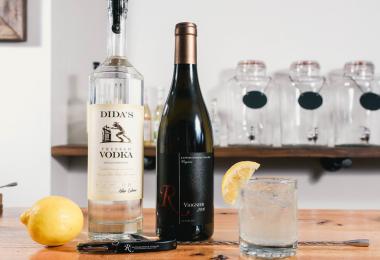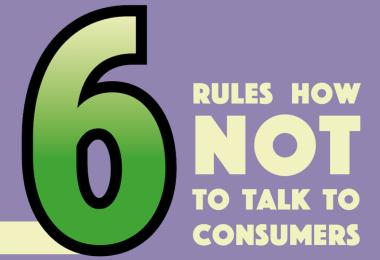After Covid-19 took the world hostage in late February, the wine industry’s calendar soon filled up with online events. Despite the negatives of reduced physical interaction, virtual meetings and tastings have been widely welcomed: they are easily translatable online, are often cheaper to organise, and can save all parties involved a considerable amount of time. Trips have moved online too, yet their success is being evaluated with a little more scepticism.
Sarah Abbott, who consults on virtual events development, explains that “many of the challenges and considerations are the same as for an in-person trip”, but points out that online visits present their own specific obstacles, too.
The virtual medium can significantly amplify communication issues, meaning that fluency and presentation skills can make or break the event. “We hold ‘rehearsals’ with producers… It comes down to communication style and temperament,” she says.
In May, PR and marketing professional Madeleine Waters ran a virtual trip to Lebanon for UK wine trade professionals. She says that with visitors attending from their own homes, she had to tackle logistics issues such as “selecting and shipping the samples, booking time with winemakers, organising where they’ll be Zooming from, testing the connections, choosing the background materials”.
While logistics and good communication skills are challenges that can be tested ahead of the event, conveying a sense of place is a somewhat more intangible goal. “Film can be really useful,” says Abbott, “but some of the best feedback we’ve had has been about a winemaker on his smartphone, speaking with sincerity and passion while flipping the camera.”
According to Waters, videos and live broadcasts from the vineyards can do the trick, but accounting for the region’s wider gastronomic culture helps, too. A Glera-soaked cheese from Valdobbiadene or a typical Georgian salt-based condiment can add a game-changing olfactory dimension and allow visitors to store a more holistic picture of the place which lingers well after the cursor hits “leave the conversation”.
A successful virtual trip must be one that avoids any comparison with its physical counterpart, and that sees the new medium as an opportunity, rather than a limitation.
“This year we had published a zoning study with Professor Diego Tommasi,” says Giulia Pussini of the Consortium Conegliano Valdobbiadene Prosecco Superiore about their latest virtual trip, organised in collaboration with consultant Michèle Shah. “To make the most of the visit’s virtual medium, we did some excavations so that our participants could understand the topography and soil profile of each specific zone.”
Planning the site digging and liaising with wine growers required some investment in terms of both capital and time, but the dig became one of the trip’s most successful features. “It’s given us a chance to enrich our archive with material we’ll be able to use over and over again,” says Pussini, who explains that given the sites are so geographically spread out, the dig was an activity that could only be done virtually.
Virtual visits offer other benefits: wine samples can be assessed over multiple sessions, and reading material can be sent ahead of the event to attendees, “so that we can fit as much as possible into the live sessions,” as Waters puts it.
Waters’ online trips received overwhelmingly positive feedback, meaning she will be organising more: “It’s a way of speaking to a wider group of people and making a client’s budget go further.” Meanwhile, Abbot is “working on the basis that every future trade and press trip will have some kind of digital element”, and Shah is gearing up – virtually – for the annual MW students’ trip.
Virtual visits are still in their infancy and organisers are yet to find a clear winning formula. However, these visits have the potential to become an efficient and environmentally friendly marketing tool in their own right. And with the global wine industry currently facing a new wave of travel restrictions and trade show cancellations, virtual trips are the ideal solution to keep the trade connected.








